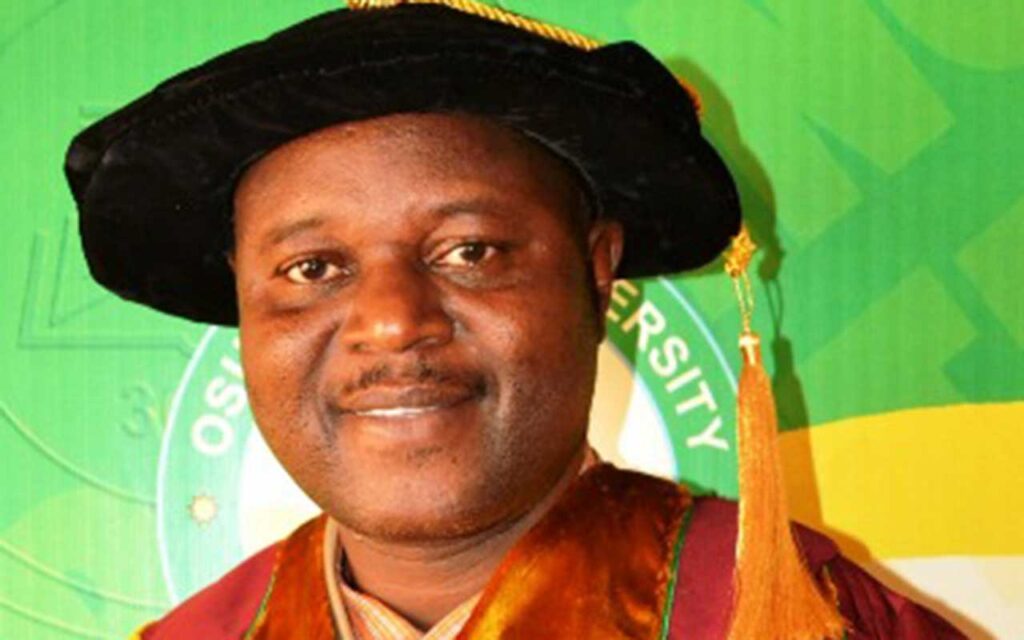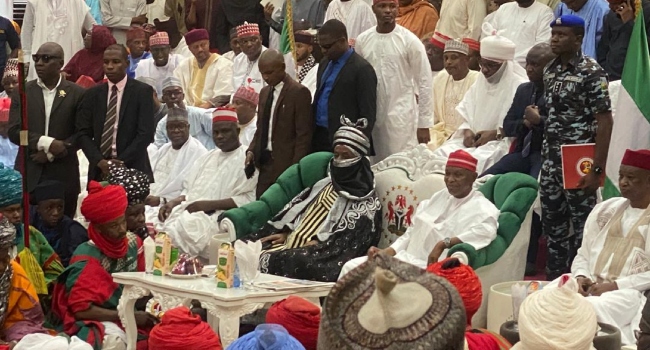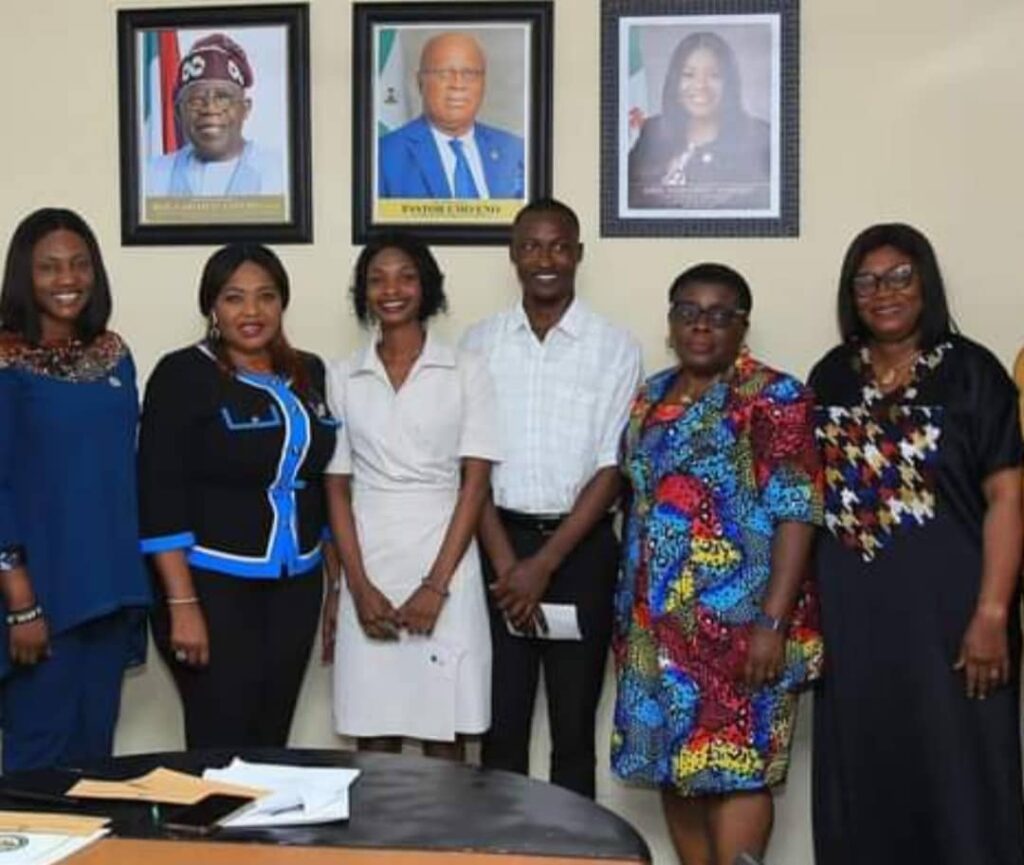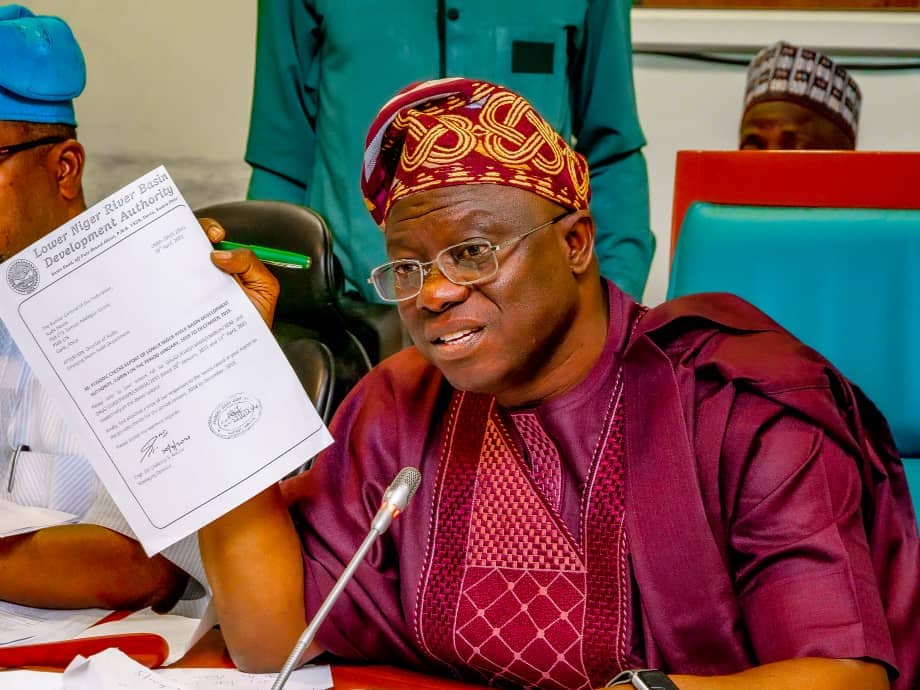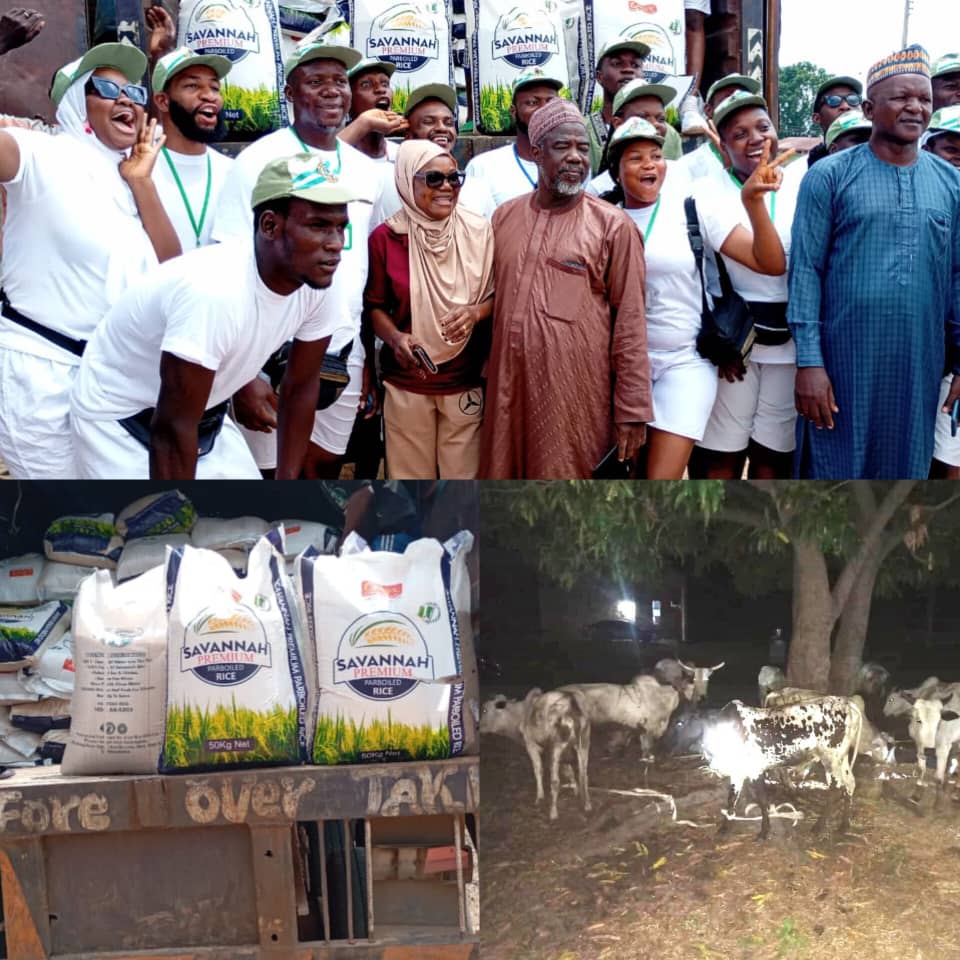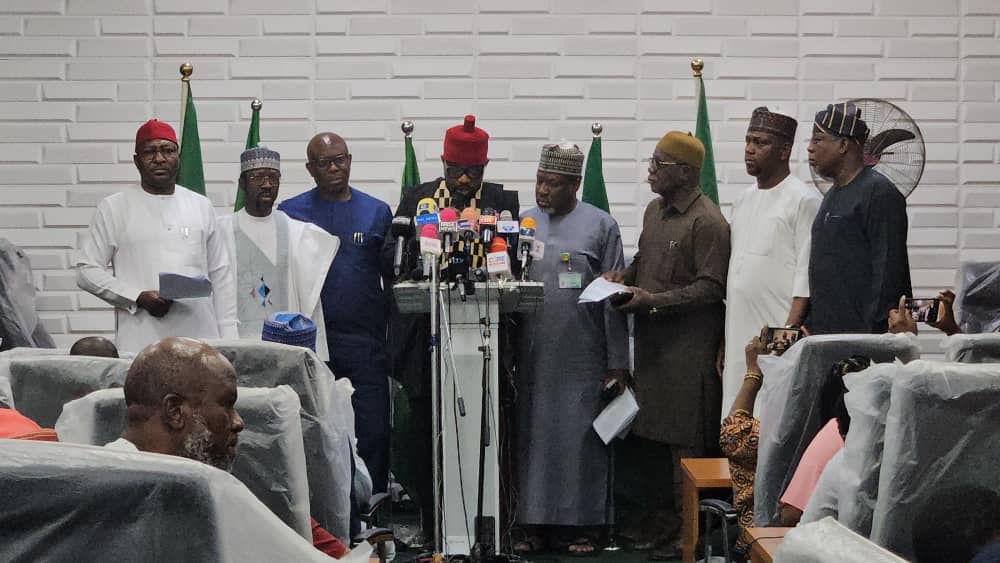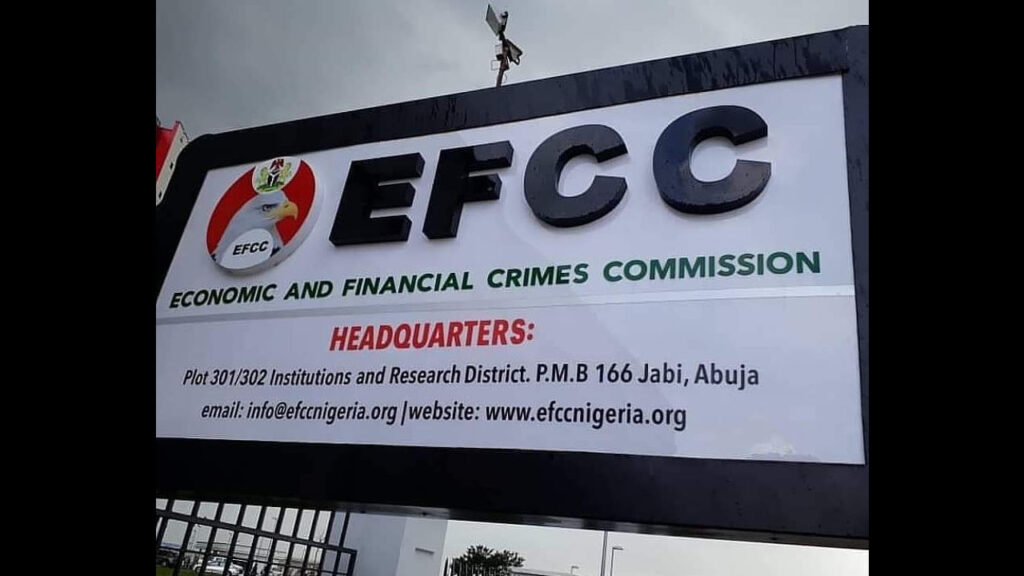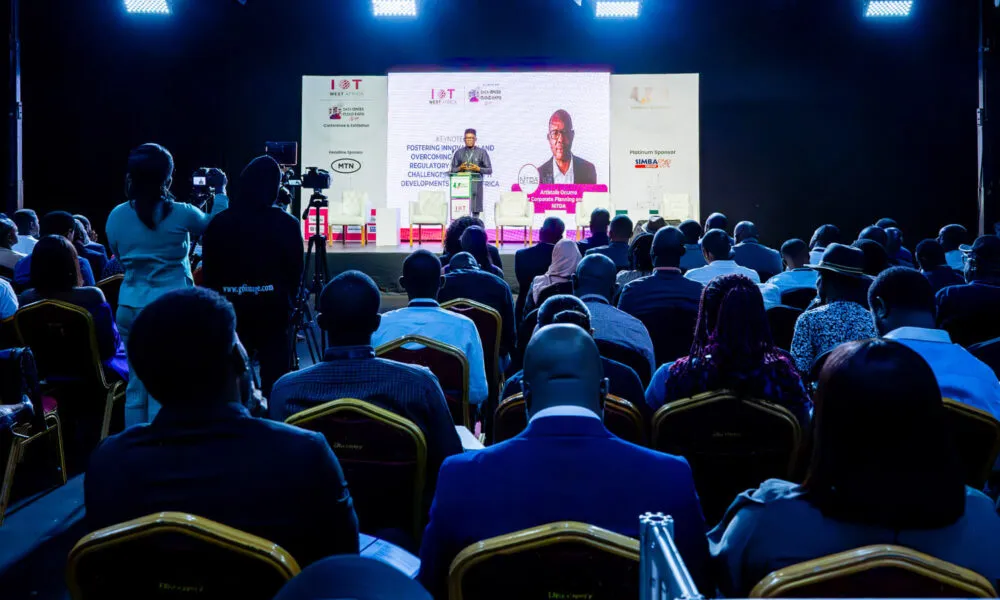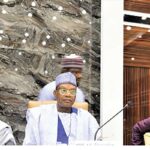TETFund partners NAL on proposal writing, grantmanship
The Vice Chancellor (VC) of Osun State University (UNIOSUN), Prof. Odunayo Clement Adebooye, yesterday, said investment in research by government and relevant stakeholders is critical to the socio-economic development of the nation.
The VC, while describing research as the engine that drives progress both at national and global scales, contended that investment in research comes with a lot of benefits and advantages.
Adebooye stated this during a two-day proposal writing and grantmanship workshop organised by office of Research and Innovation Management in conjunction with University of Birmingham and Tertiary Education Trust Fund (TETFund) held at UNIOSUN main campus in Osogbo.
In his remarks, Executive Secretary of TETFund, Sony Echono, who was represented by Dr Hadiza Abdulalli, restated the commitment of the agency to support qualitative education at the tertiary level and create an enabling environment capable of promoting research for the steady growth of the nation.
Also speaking, a don, Prof. Sola Akinrinade, emphasised that the government has a role to play by appointing the right people as members of the governing council in the institutions.
RELATEDLY, Director-General, Nigerian Institute of Social and Economic Research (NISER), Prof. Antonia Simbine, yesterday, said that flagrant disregard to adopt research findings in policy implementation is affecting growth and development of Nigeria over the years.
Simbine, who spoke while unveiling NISER’s strategy plan 2024-2028 at a validation workshop programme held in Ibadan, said the new plan for the next five years was aimed at addressing Nigeria’s socio-economic challenges.
According to her, the attitude has significant implications for Nigeria’s development.
She stated that it is hindering the country’s ability to address its socio-economic challenges and achieve sustainable development.
The don further said that the institute had made efforts to involve stakeholders in its research plans and processes, with the hope that they would conduct more research using NISER’s output to formulate policies for the country.
She said that the involvement of external stakeholders, including people from different Ministries, Departments and Agencies (MDAs), as well as development partners and the National Assembly, would lead to a change in this trend.
In a lead presentation, Head of Knowledge Management Department, NISER, Andrew Onwuemele, explained that the plan was developed from lessons learnt from the evaluation of previous plans.

